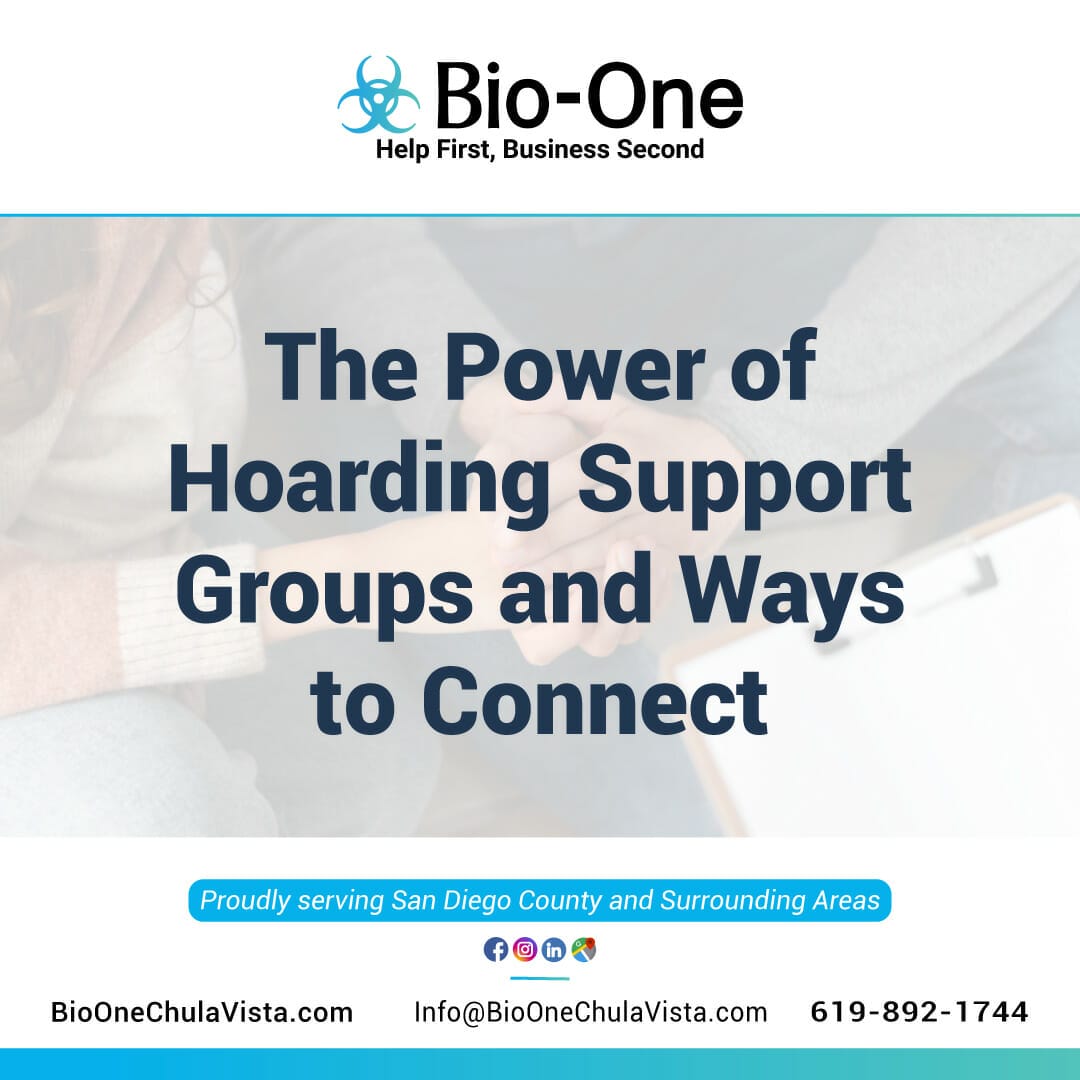
The battle with hoarding is not something that should be taken lightly. Individuals who suffer from this disorder often feel like they are alone in their fight, but the truth is that there are many people out there who understand and can offer support. Hoarding support groups provide a safe and understanding space for individuals to connect with others who are going through similar challenges. In this blog post, we'll explore the power of these groups and ways to connect with them.
What Are Hoarding Support Groups?
Hoarding support groups are made up of people who have HD or who have loved ones who struggle with the condition. These groups can provide a wealth of information and resources, including tips for decluttering and organizing, strategies for managing anxiety and stress, and advice on how to cope with the emotional toll of Hoarding Disorder.
The Importance of Support Groups
Hoarding is not just about clutter and disorganization. It's a mental health disorder that can have serious consequences if left untreated. Support groups play a crucial role in the recovery process by providing a sense of community, understanding, and hope for individuals who struggle with hoarding. Here are some reasons why hoarding support groups are so important:
- Sense of Community: They provide a sense of belonging and community for individuals who may feel isolated and misunderstood in their daily lives.
- Validation: Sharing experiences with others can help individuals feel validated and understood, reducing feelings of shame and self-blame.
- Encouragement: They offer encouragement, motivation, and hope to individuals who are working towards recovery.
- Non-Judgmental Environment: Hoarding support groups are judgment-free zones where individuals can openly talk about their battles without fear of criticism or stigma.

Finding a Support Group
If you or a loved one are struggling with Hoarding Disorder, finding a support group can be incredibly beneficial. Here are some tips for finding a group that works for you:
- Therapist Referrals: Your therapist may be able to refer you to local hoarding support groups or offer their own therapy groups specifically for individuals with HD.
- Online Groups: In addition to in-person support groups, there are also many online support communities for individuals with HD. These can be a great option for those who may not have access to in-person groups or prefer the anonymity of online interactions.
- Community Centers: Many community centers and mental health organizations offer support groups for hoarding. Check with your local resources to see if there are any groups available in your area.
- National Organizations: There are also national organizations dedicated to HD, such as the International OCD Foundation and the Hoarding Disorder Resource and Training Group. These organizations may have information on local support groups or online resources.
It may take some time to find a group that feels like the right fit but don't give up. The support and understanding of others can be incredibly helpful.

Where to Start Looking for Hoarding Support Groups
If you are interested in connecting with hoarding support groups but are not sure where to start, the International OCD Foundation is a great place to start. They have a directory of groups and other resources that can be helpful for people who are struggling with hoarding. They also have a helpline that you can call if you need help or support.
Bio-One of Chula Vista Can Help
Hoarding support groups can provide a lifeline for people affected by HD. By connecting with others who understand what you are going through, you’ll gain valuable insights to cope with this condition. Whether you connect with a local support group, an online community, or a mental health professional who specializes in treating HD, there are many resources available to help.

If you or a loved one is in need of hoarding cleanup services, Bio-One of Chula Vista can help.


